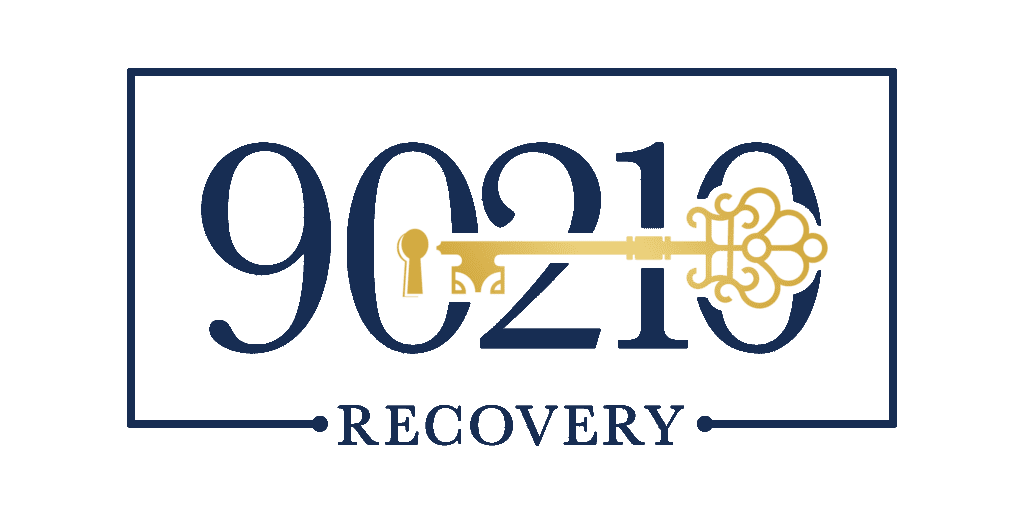Your road to recovery is filled with many ups and downs. Just because you overcome addiction doesn’t mean you won’t experience cravings or urges to abuse drugs. In fact, around ½ of recovering addicts who receive addiction treatment relapse. However, identifying relapse triggers and avoiding triggers for relapse can significantly help maintain your sobriety long-term. Keep reading to learn several common types of relapse triggers to look out for and avoid.
At 90210 Recovery, we are a top-rated Beverly Hills drug rehab that’s committed to helping as many patients as possible safely overcome addiction and lead a healthier, happier life. We offer a comprehensive range of addiction treatment services so you can receive the exact care you need to support your recovery journey. Contact us today to learn more about how we can help you on your recovery journey.
4 Types of Relapse Triggers to Avoid
A trigger is a situation or circumstance that brings up memories of the past when you used to abuse drugs or alcohol. Unfortunately, triggers can bring up strong cravings and impulses to want to abuse drugs or alcohol. Keep reading to learn more about why identifying relapse triggers is important, and types of relapse triggers to look out for.
Environmental Triggers
Environmental relapse triggers involve being in certain places or locations that stir up old memories of abusing drugs or alcohol. This can vary greatly depending on your past. For example, this can include feeling triggered at your childhood home where you had family members who abused drugs. Or, this could be a certain place like a friend’s house, your bedroom, or other space you used to abuse drugs or alcohol.
While it’s easier said than done (depending on your environment triggers), it’s important to try and avoid these locations where you used to abuse drugs or alcohol. Otherwise, it can potentially jeopardize your recovery journey and bring up old memories of abusing drugs or alcohol.
Social Triggers
Just like how certain places can trigger memories of your past drug addiction, who you are around can also trigger old cravings to abuse drugs or alcohol. This can vary depending on who you may have abused substances with in the past. For instance, this may include old friends you used to hang around with while you abused drugs or alcohol. Whoever you may have hung out with or even peer pressured you into abusing drugs in the first place, it’s important to keep your distance from these people.
This is because, especially if they are still abusing drugs and alcohol, they can spur up feelings of wanting to abuse drugs again. While you can try and be a positive influence in your friend’s life who may still be struggling with addiction, it’s essential you also look for friends in your life who are clean and who will support you on your road to recovery.
Physical Triggers
Hunger or sleep deprivation are some of the many physical triggers that can also spur up old memories and cravings to abuse drugs and alcohol. You are more at risk and vulnerable to falling back into old coping strategies like abusing drugs or alcohol when you are physically not well. Therefore, be sure to practice self-care and practice healthy habits like getting enough sleep and maintaining structured times to eat each day to avoid facing any physical relapse triggers.
Emotional Triggers
Last but not least, emotional triggers are another type of relapse trigger to avoid. Emotional triggers include stress, sadness, anger, or any negative emotion that can spur up feelings that you need relief to manage your emotions. Plus, positive emotions like celebrations can also make you want to abuse drugs because you may have celebrated certain events in the past by abusing drugs. Therefore, be aware that both highly positive and negative emotions can spur up feelings to abuse drugs or alcohol.
Ready to Start Your Road to Recovery
Now you know more about the importance of identifying relapse triggers and how to best avoid them. Avoiding relapse triggers can significantly help reduce your risk of relapsing. If you or someone you know is struggling with addiction, it’s critical you seek professional treatment to effectively overcome your addiction.
90210 Recovery’s team of compassionate addiction specialists are here to help you every step of the way on your road to recovery. We offer a wide variety of addiction treatment options so you can receive the unique support you need to achieve sobriety. Ready to start your recovery journey? Contact us today!


